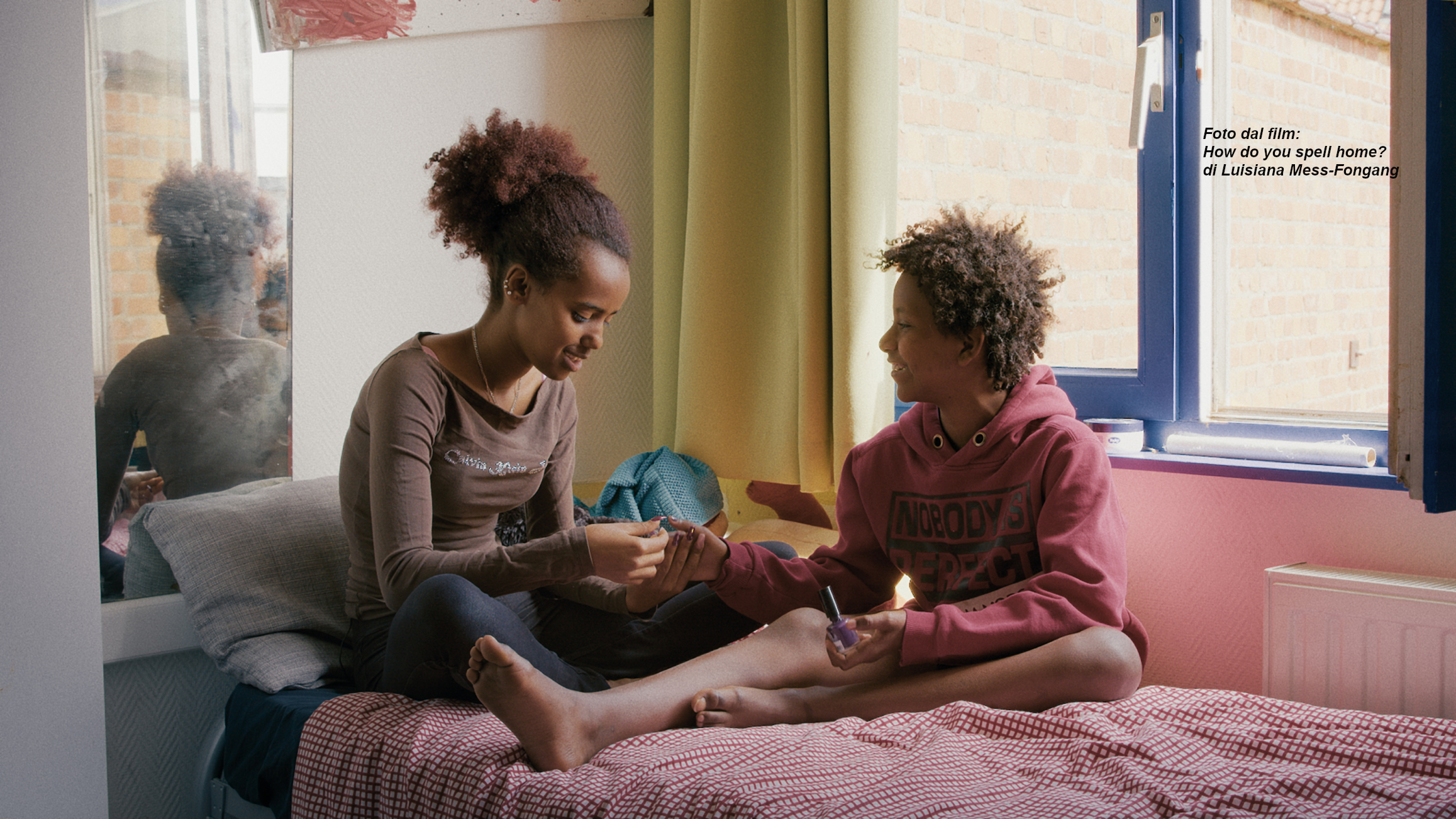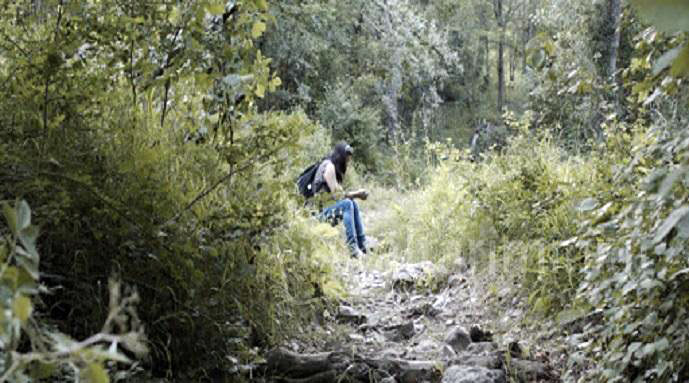directed by Enrico Masi, Italia-Francia, durata 81′
Pepsi is an individual in sexual transition looking for a stable job as a caregiver. Former member of MILF, the Moro Islamic Liberation Front active in an island of southern Philippines, she escaped from her country to work as a nurse for over 10 years in Gaddafi’s Libya. Because of gender discrimination, she has been forced to join the flow of refugees. Then, she confronted with european institutions as an asylum seeker, in the city of Bologna, Italy, where she obtained the first acknowledgement of her status. She could not stop there. Her journey continued towards France, crossing the dangerous “pass of death” on the heights of Ventimiglia, strong of her experience in the wild mountains of Mindanao. She reached Paris, where she acquired a second identity and found underground work offering massages, sharing interstitial spaces among the harsh architectures of the metropolis.
Her voice over tale is a post-colonial parable, in which European geography mingles with an intimate emotional drama. Also known as Farewell to Edén, this documentary film has been produced during a period of three years, with a total amount of nearly 90 hours of footage, plus archive and original film material shot in 8mm and 16mm. This is a post-colonial story where the core themes are identity, frontiers, landscape and body in transition.
Watch the trailer
Documentary available online from November 8 at 9pm to November 10 at midnight at festivalscope.com/
Available for free for up to 400 people
Live on Facebook: Workshop with Enrico Masi: Tuesday 10th November – 4 pm
“Doing social research and narrating reality through audiovisual content.”
Cinema was born for documenting reality. For this reason, even today, the most important experiments are carried out through this form. The conception of reality has changed alongside film history. During the studies conducted on the transformation of the metropolitan contexts of Berlin, London, Rio de Janeiro and overall, on the urban environment close to the Mega Event, I was able to develop a visual approach useful to this study. The combination of participatory ethnography, psycho-geography, anthropology and visual sociology has allowed this approach to find landmarks in the history of political cinema, later defined cinema of observation, up to the establishment of a language in which the documentary becomes an object of pure creation. Overcoming a dialectic barrier and a sectoral boundary between fiction and non-fiction, this workshop tries to identify this line, where “Reality” is the object we must tail and film, an eternal ensemble of contradictions, a chance for cultural and urban studies to meet, a field of analysis for the understanding of the present.
DOWNLOAD THE WORKSHOP INFOSHEET




